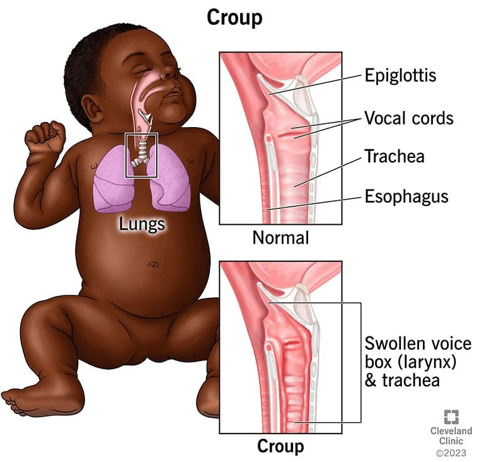A chronically depressed older male resident of a long-term care facility has become more reclusive and today refuses to leave his room. His family has moved away and are unable to visit as much as in the past. Which comment by the practical nurse (PN) is likely to be most helpful to this client?
“Come into the recreation area. We have your favorite card game and I will play it with you."
"Why do you want to stay in your room today?”
"I know you are sad about not seeing your family as often, but they are visiting as much as they can.”
d “May I sit with you for a while?"
The Correct Answer is D
d. “May I sit with you for a while?"
This comment shows empathy, respect, and support for the client, without being intrusive or judgmental. The PN acknowledges the client's feelings and offers companionship, which can help reduce isolation and loneliness.
The other options are not correct because:
- This comment may be perceived as coercive or dismissive of the client's feelings, as it tries to persuade the client to do something he does not want to do or enjoy.
- This comment may be perceived as accusatory or interrogatory, as it questions the client's decision or motive for staying in his room.
- This comment may be perceived as minimizing or invalidating the client's feelings, as it implies that the client should not be sad or that his family is doing enough for him.
Nursing Test Bank
Naxlex Comprehensive Predictor Exams
Related Questions
Correct Answer is C
Explanation
Croup is a respiratory infection that causes inflammation and narrowing of the airway, resulting in a barking cough, hoarseness, and stridor. The PN should monitor the child's oxygen saturation level via pulse oximetry, as it can indicate the severity of the airway obstruction and the need for supplemental oxygen or other interventions.

Correct Answer is C
Explanation
This is the most important information for the PN to ask because it assesses the client's risk for self-harm and suicidal ideation. The client's statements indicate hopelessness, low self-esteem, and impaired functioning, which are potential warning signs of suicide. The PN should ask the client directly about any thoughts or plans of harming themselves and provide support and safety measures as needed.

Whether you are a student looking to ace your exams or a practicing nurse seeking to enhance your expertise , our nursing education contents will empower you with the confidence and competence to make a difference in the lives of patients and become a respected leader in the healthcare field.
Visit Naxlex, invest in your future and unlock endless possibilities with our unparalleled nursing education contents today
Report Wrong Answer on the Current Question
Do you disagree with the answer? If yes, what is your expected answer? Explain.
Kindly be descriptive with the issue you are facing.
